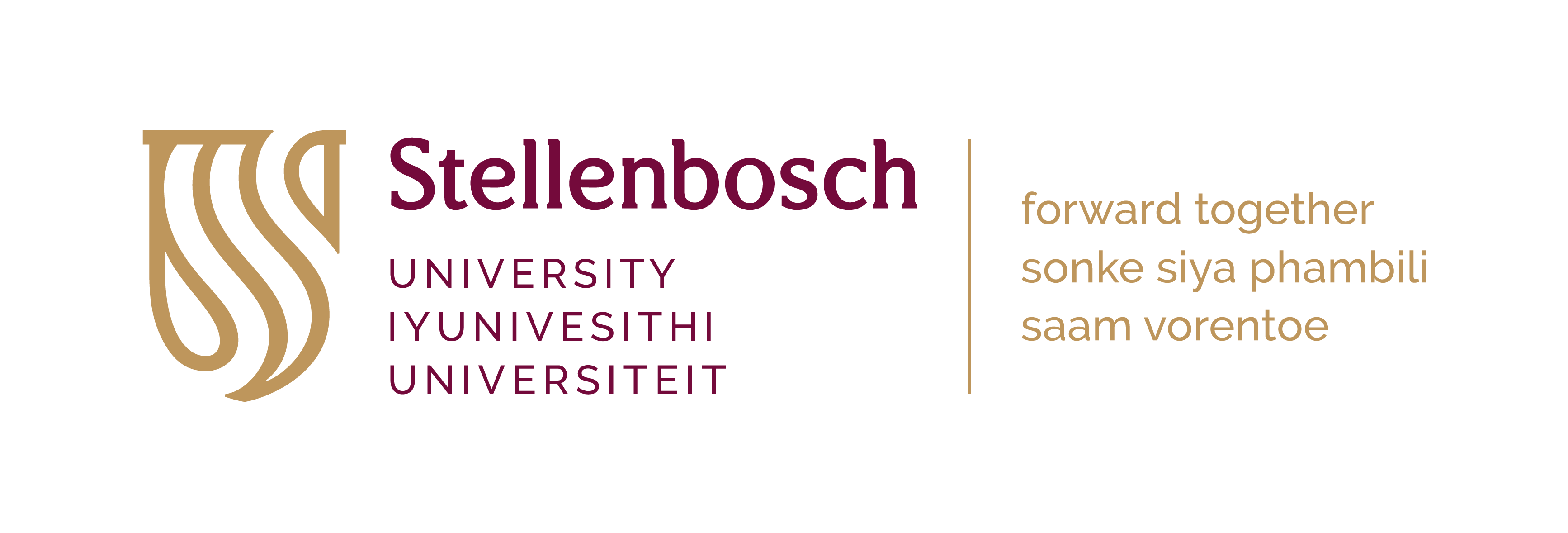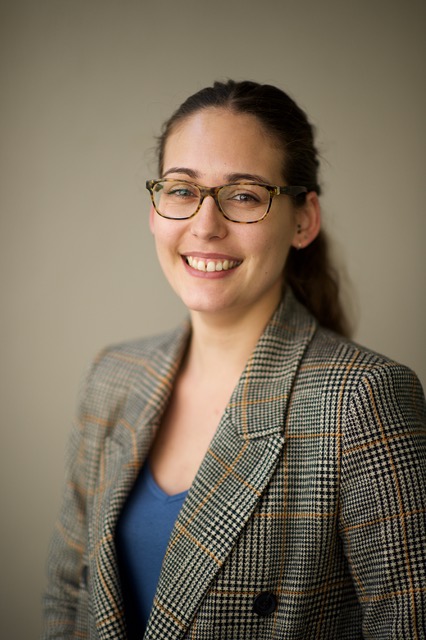[:en]Meet Miss Dannielle Moore, a doctoral candidate within the Immunology Research Group at Stellenbosch University’s Division of Molecular Biology and Human Genetics, Faculty of Medicine and Health Sciences.
In celebration of Youth Month 2020, the Division of Molecular Biology and Human Genetics is paying tribute to young researchers within our institute. We share heart-warming stories of our students whose lives give us great hope for the future of South Africa. We thank these students for volunteering to tell us a little about themselves and their research.
Tell us briefly about your background?
I was born in Port Elizabeth in the Eastern Cape, and am the eldest of four children – as well as the only girl.
Why did you choose your field of study – what or who inspired you? Is this what you envisioned for yourself growing up?
Growing up I wasn’t really sure what I wanted to be when I grew up. I enjoyed biology and was very good at information technology so my teachers suggested science or computers as possible career options for me. After much deliberation, I applied to several universities for an MBChB (medical doctor) and applied for a BSc in Biochemistry and Microbiology as a back-up as it had similar subjects that I could use as credits to reapply in case I didn’t get in – which I didn’t obviously. In second year (which for me was the third year – since I repeated the first year), I considered applying to medical school on completion of my BSc. However, in my final year, I began to enjoy the practical work (research tasks) we were doing in class and got excited about the idea of becoming a clinical scientist. This meant that I still got to make valuable contributions to the medical field, just in a different way than I initially envisaged.
What is your research focus on?
Tuberculosis (TB) is caused by a bacteria known as Mycobacterium tuberculosis and is responsible for over 1 million deaths each year – making it the #1 killer from a single infectious agent in the WORLD.
My research focuses on the role of antibodies in TB disease by investigating antibody profiles in different parts of the body (namely the blood and the lungs) and observing how these antibodies interact with different components of the immune system.
How can your research help to improve Africa and/or the lives of its people?
My research aims to increase our understanding of the role antibodies play in successful management of Mycobacterium tuberculosis infection. These findings could greatly improve TB diagnosis tests, prevention therapies and TB treatment regimes by increasing our knowledge of immune responses that protect against TB.
What obstacles did you have to overcome to get where you are today?
The biggest challenge I had to overcome during my studies was a lack of self-discipline. During my first 2-years of undergraduate studies, I did not dedicate my time to studying as diligently as I should have and instead I spent most of my time enjoying the student life. This resulted in me having to repeat first-year, putting additional financial pressure on my parents and setting me back in my timeline. During this time, I met new students that challenged my undisciplined approach to my studies by creating an encouraging environment that nurtured dedication and self-respect through support and goal-setting. This resulted in me completing my final year with a distinction for every subject, and translated into the academic excellence I strive for today, completing my BSc Honours and MSc cum-laude. This experience taught me that my success is up to me, mindset is a powerful tool that if nurtured can be your strongest asset.
If you could invite any three researchers (alive or dead; local or international) to a dinner party, who would you pick and why?
I would invite: 1) Dr Gill Black, co-director of the Sustainable Livelihoods Foundation, to discuss her work with people living in townships and informal settings around public health concerns and health-related research activities that most affect their lives using participatory visual methods; 2) Dr Marina Joubert, a senior science communication researcher at the Centre for Research on Evaluation, Science and Technology (CREST) at Stellenbosch University, to discuss the latest trends in science communication and the anticipated impact on science engagement and the relationship between science and society in the wake of the Covid-19 pandemic; And finally, 3) Dr Taime Sylvester, my mentor and friend who has taught me so much about how to be great scientist, science communicator, multi-tasker, team player and leader – all while pushing the importance of boundaries, family time and friendship to have a healthy, balanced lifestyle.
What is your favourite quote/saying?
“Science means constantly walking a tightrope between blind faith and curiosity; between expertise and creativity; between bias and openness; between experience and epiphany; between ambition and passion; and between arrogance and conviction – in short, between an old today and a new tomorrow.” — Henrich Rohrer
Any advice for young people who are considering a career in STEM?
Science is difficult. It is filled with challenges and hardships that will cause you many a sleepless night in the years to come – but it is also one of the most rewarding careers you could have. You will be surrounded by brilliant and curious minds that will test your knowledge and understanding of several scientific concepts and makes you look at things in a different light than before. Make sure that look a mentor that will challenge you and provide you with a supportive environment to encourage personal growth and development. In science, you will have the opportunity to travel overseas to international conferences and meet amazing people doing incredible research, and share your research with them. You have a chance to make a difference, to improve people’s lives and make the world a better place. All it takes is a positive mindset and a lot of strong will.
What do you hope to achieve in the future?
My passion lies in science communication and bridging the gap between science and society. I hope to use my skills and expertise to engage others around the topic of science, to encourage young individuals to pursue a career in science and to build public trust in science.[:]

